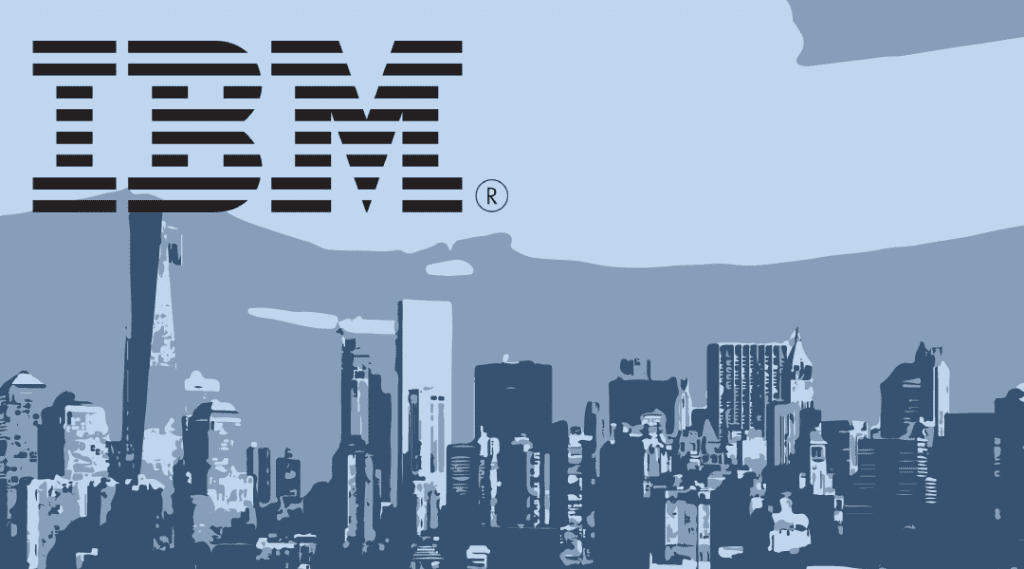RoboMQ is proud to announce that it has officially launched its IoT and Enterprise Application Integration Services on the IBM Cloud Marketplace. You can visit the site using this link.
RoboMQ is a cutting-edge IoT Integration Services Platform (iPaaS) that can connect any device, sensor, SaaS, Cloud, mobile, or enterprise application, using any standard protocol. At the core, it is a distributed and federated message-oriented middleware with our ThingsConnect suite of adapters & connectors, Microservices-based integration application development platform, management UI, messaging dashboard with real-time analytics engine, and monitoring and alerts capabilities.
RoboMQ provides the following core components:
Protocol Agnostics Integration Middleware
Core Message-oriented middleware:
Hybrid, distributed, and federated message-oriented middleware provides guaranteed delivery, indirection, routing, and complex content-based, and rule-based message delivery. RoboMQ integration middleware is available on cloud (SaaS), on-premise, and also as Hybrid Messaging Cloud supporting all possible IoT device and application topologies. A truly federated architecture that supports intelligent routing and provides a cache and buffering mechanism at the middleware level.
ThingsConnect is the key differentiator of RoboMQ from the competition. Using traditional integration middleware technologies, integrating applications often require coding in specific APIs or integration protocols, which are sometimes proprietary. With SaaS and IoT applications, the integration space is fragmented, and each SaaS application supports different industry-standard integration protocols. ThingsConnect solves this by allowing applications to connect to each other using any protocol, with protocol conversion managed by RoboMQ. This reduces development and maintenance costs, as well as the speed of integration with diverse applications and technologies. Unlike the competition, RoboMQ is protocol-less or protocol agnostic, supporting integration via any protocol.
Management components and frameworks
Microservices platform:
RoboMQ is built on the latest container and cloud technologies and runs on Docker. All the connectors and adapters are packaged as Docker containers, making them atomic, independent, and autonomous. It can run on any hardware or OS combination with no dependencies and deployment configuration needs. RoboMQ provides all the core components needed for Microservices architecture, including:
- – Multi-protocol API Gateway
– Messaging fabric for chaining and communication among Microservices
– Microservices development framework
The integration components could be developed using Microservices architecture, providing fine-grained service development that is easy to maintain, saves costs in the long run, and supports changes as business processes evolve.
Management UI: The Management UI provides a graphical dashboard and control application for system administrators and super users to manage the RoboMQ middleware platform. It is intended for restricted access to system admins only.
- Messaging Dashboard: The Messaging Dashboard provides a single dashboard with 23 key operational parameters, displayed in an operation control-style dashboard for monitoring and control by operational personnel. It displays real-time and statistical information from the real-time analytics engine.
- Monitoring & Alerts: This component provides SMS, email, or phone alerts for events of interest. We also offer integration capabilities to create cases/tickets in Salesforce, ServiceNow, Jira, or any other case management system for these events.
- Device to Dashboard: Device to Dashboard is a real-time analytics and visualization platform for IoT device data with no programming needed. IoT devices send unstructured data to RoboMQ’s Device to Dashboard, which is indexed in real-time and available for visualization and correlation by simply dragging and dropping widgets.
- Event Recorder: The Event Recorder component allows messages exchanged between systems to be wiretapped and persisted to a relational or big data database like MongoDB or CouchDB. It is designed for building a real-time analytics engine using a BI database that is populated in real-time as events happen.
- Data-Driven Alerts: The Data-Driven Alerts component provides alerts over email, SMS, or phone in real-time when an IoT device data or measurement violates a predefined threshold.
- Hybrid Messaging Cloud: Hybrid Messaging Cloud is an integration companion for Hybrid Clouds. Local on-premise sites host a Docker-based or appliance-based RoboMQ, federated to RoboMQ on the cloud. This allows local integration to happen over local RoboMQ and global integration to Cloud applications over RoboMQ on the cloud.
For Business Professionals
- IBM’s Cloud Marketplace – Dev provides an integrated, cloud-based development environment where developers, development teams, and enterprise teams can quickly build enterprise applications using leading services and API protocols. These applications can be easily integrated in hybrid cloud environments.
- IT managers want infrastructure they can configure and control to select their own suite of services, hardware, and software, as well as reliable and scalable technology that is easy to access and implement.
Cloud marketplace
- Ops provides a secure set of cloud services built on SoftLayer that help clients deploy cloud services and support high performance businesses at enterprise scale. SoftLayer gives clients the ability to choose a cloud environment and location that best suits their business needs and provides visibility and transparency to where data reside, control of data security and placement with a choice of public, private or bare-metal server options. Services include Big Data, Disaster Recovery, Hybrid environments, Managed Security Services, Cloud Environments for Small and Medium Businesses among others.
- For instance, IT managers will be able to access two new IaaS offerings from IBM’s Big Data and Analytics portfolio in the Cloud marketplace. InfoSphere Streams will allow organizations to analyze and share data in motion for real-time decision management, and InfoSphere BigInsights will make it easier for developers to use Hadoop to build secure big data apps. With the addition of these new solutions, IBM now offers more than 15 solutions from its Big Data and Analytics portfolio, Watson Foundations, for business users in the Cloud marketplace. IBM’s Enterprise Content capabilities will also be available to help knowledge workers actively engage and manage content in a trusted cloud environment.
- For more information, please contact sales@robomq.io






